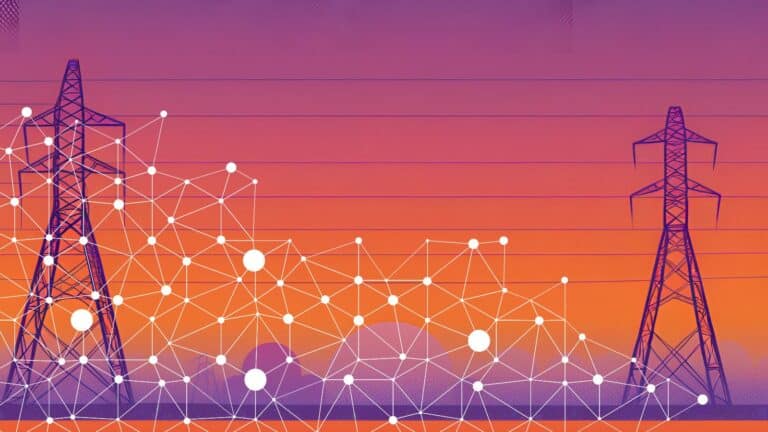Trump’s renewables crackdown hurts US national security, Biden official warns
Wally Adeyemo supports imposing sanctions on buyers of Russian oil, but said more diversified energy at home will give the US a stronger geopolitical advantage.
Current Access Level “I” – ID Only: CUID holders, alumni, and approved guests only
The commercial deals Trump struck on artificial intelligence cooperation will likely shift the global balance of power for one of this century's most critical technologies.

Calls to "Drill, baby drill" are back with Donald Trump's return to the White House, and for US natural gas production, the catchphrase might also be a necessity over the next three years if demand for the fuel grows as steeply as expected.

AI’s growing power demand has received enormous attention in recent months. In many places, the lack of power supplies is an important constraint on the growth of data centers to train and run AI models.

Can artificial intelligence help cut emissions of greenhouse gases? In this second edition of the Artificial Intelligence for Climate Change Mitigation Roadmap, a team of 25 co-authors led by CGEP Inaugural Fellow David Sandalow explores that question, finding that AI has the potential to make significant contributions to fighting climate change. The Roadmap’s 17 chapters provide introductions to AI and climate change, examine the potential for AI to help reduce greenhouse gas emissions in eight sectors and discuss cross-cutting topics such as large language models and government policy. Each chapter includes 5-10 specific, actionable recommendations for realizing AI’s potential to help fight climate change.

Microsoft’s plan to restart Three Mile Island points to the way forward.

The rapid expansion of AI has raised concerns about whether and how this new technology may impinge on the ability of the US to meet its zero-carbon electricity goals.

Paul M. Dabbar testified on October 19, 2023 before the U.S. House of Representatives’ Energy & Commerce Subcommittee on Energy, Climate, and Grid Security.

ICEF develops roadmaps on how key innovative technologies can contribute to a transition to clean energy. Roadmaps consider industrial, academic and governmental perspectives to identify a realistic, fact-based pathway and meaningfully inform the work of all stakeholders.

